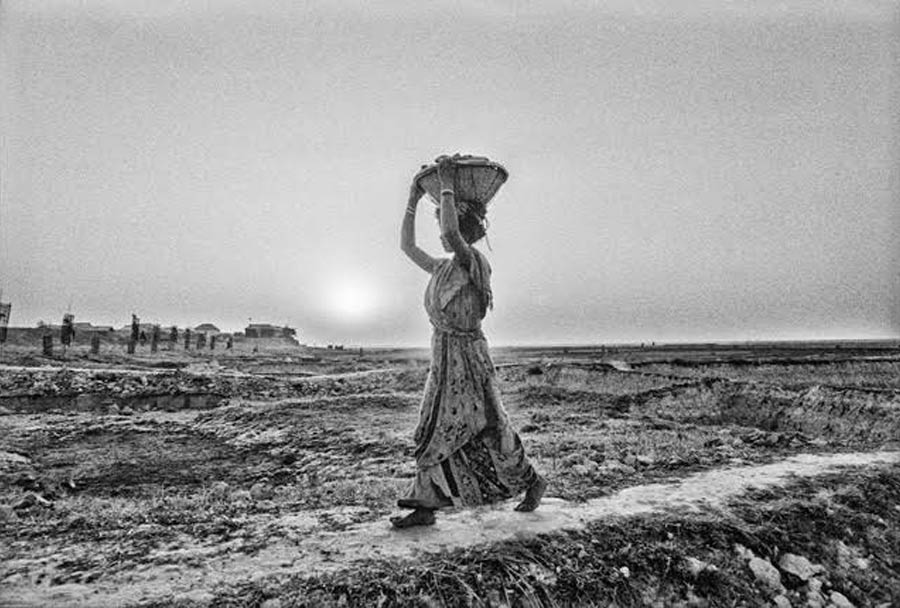India’s famed economic growth seems to be inversely proportional to its performance on the Human Development Index. The Human Development Report 2023/2024 released by the United Nations Development Programme has ranked India 134 out of 193 countries. India’s HDI value — a composite measure of parameters such as life expectancy, expected and mean years of schooling, gross and per capita income and so on — has inched forward to 0.644 in 2022 from 0.633 in 2021, pushing it into the ‘medium’ human development category. But it still lags behind neighbours like Bangladesh, Bhutan and Sri Lanka. The only countries in the neighbourhood that fare worse than India are Nepal and Pakistan. India’s marginal progress in HDI value has been driven primarily by India’s score of 0.437 on the Gender Inequality Index, which is better than the global average of 0.462 and the South Asian average of 0.478. However, India still has one of the largest gender gaps in the labour force participation rate: a 47.8 percentage points difference between women (28.3%) and men (76.1%). There are other yawning gaps too that pull the country’s HDI value down. India’s loss on the HDI due to economic inequality is 31.1%. This is not surprising given that the top 10% of the population holds 57% of the total national income in this country. It is also crucial to address the subnational — regional — disparities in human development. Southern states like Kerala and Tamil Nadu, for instance, have better HDI markers than their northern counterparts like Uttar Pradesh and Bihar, revealing the lack of uniform prioritisation of human development indices in terms of policy.
What is mystifying, though, is that such dismal figures do not always seem to have a bearing on the electoral prospects of a ruling dispensation. Is electoral success, then, not concomitant with improvement in the health and living conditions of the people? This query is pertinent because Narendra Modi’s successive and impressive electoral victories have coincided with India slip-sliding on several indices such as the Global Hunger Index, the Human Capital Index, the World Press Freedom Index and the Electoral Democracy Index. The ability to deflect attention from pressing realities must count as one of Mr Modi’s perverse successes.

